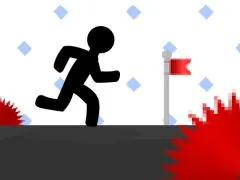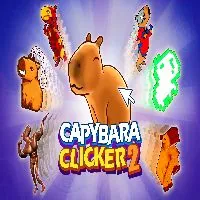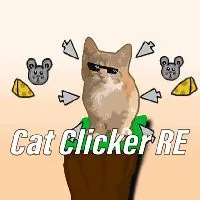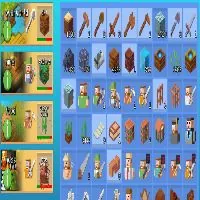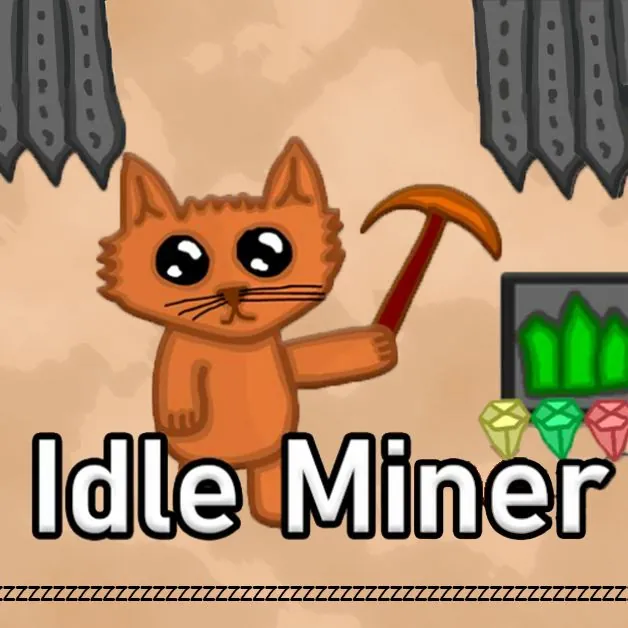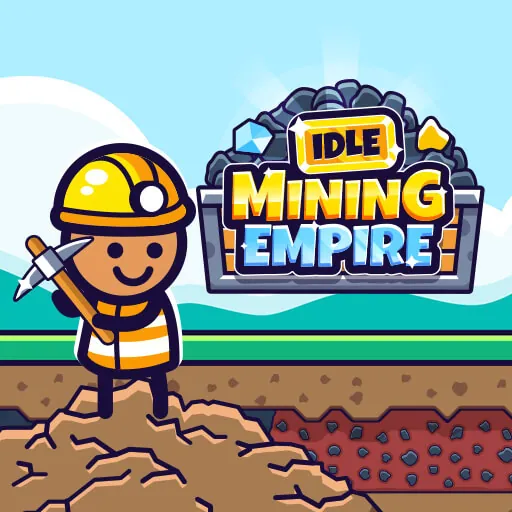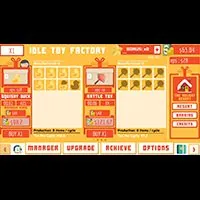HAPPY ROOM
SIMILAR GAMES
Description
Happy Room - GitLab Games
About Happy Room - GitLab Games
At GitLab Games, we are dedicated to cultivating a positive and vibrant environment for all our participants. We understand that the atmosphere within a workspace, be it a physical office or a distributed team's digital space, profoundly impacts productivity, collaboration, and overall well-being. The concept of a "Happy Room" is not merely a whimsical notion; it represents a strategic approach to fostering a sense of belonging, encouraging open communication, and ultimately, driving superior performance. Our interpretation of a Happy Room within the GitLab Games context is a multifaceted one, encompassing not only the physical or virtual spaces where our games and activities take place but also the underlying ethos that guides our interactions. We strive to create an environment where every individual feels valued, respected, and empowered to contribute their best. This commitment extends to every aspect of our operations, from the design of our interactive challenges to the support systems we provide for our community members.
The Core Principles of a Happy Room at GitLab Games
The foundation of our Happy Room philosophy rests on several key principles. Firstly, we prioritize psychological safety. This means creating a space where individuals feel comfortable taking risks, sharing ideas, and admitting mistakes without fear of negative repercussions. In the context of games and challenges, this translates to an environment where experimentation is encouraged, and learning from setbacks is seen as an integral part of the process. Secondly, we champion inclusivity and diversity. GitLab Games is a global endeavor, and our Happy Room reflects this reality. We actively work to ensure that all participants, regardless of their background, experience level, or location, feel welcomed and have an equal opportunity to engage and succeed. This inclusivity is woven into the fabric of our game design and community management.
Thirdly, we foster a culture of open and honest communication. Effective communication is the lifeblood of any successful team or community, and at GitLab Games, it is paramount. We encourage active listening, constructive feedback, and transparent dialogue. This principle extends to how we present challenges, provide updates, and address any concerns that may arise. Finally, we emphasize purpose and recognition. Participants in GitLab Games are not just playing; they are contributing to a larger goal, whether it's advancing their skills, collaborating on innovative solutions, or simply enjoying the camaraderie. Recognizing and celebrating these contributions, both big and small, is crucial to maintaining morale and reinforcing the positive atmosphere we aim to cultivate.
Designing Your Happy Room: Practical Applications for GitLab Games
Translating these principles into tangible practices is where the true magic of a Happy Room emerges. For those involved in organizing or participating in GitLab Games, consider the following practical applications.
Physical Space Considerations (Where Applicable)
- Comfort and Ergonomics: Ensure that any physical spaces designated for GitLab Games activities are comfortable and conducive to long-term engagement. This includes adequate seating, good lighting, and access to necessary resources.
Virtual Environment Enhancements for Remote Teams
- Dedicated Communication Channels: Establish clear and accessible channels for communication related to GitLab Games. This could involve dedicated Slack channels, Discord servers, or other collaborative platforms. Encourage the use of these channels for both game-related discussions and informal social interactions.
Fostering a Positive Culture Within GitLab Games
Beyond the physical or virtual space, the culture we cultivate is paramount to creating a truly Happy Room.
Encouraging Collaboration Over Competition (When Appropriate)
While many games inherently involve competition, the GitLab Games spirit often emphasizes collaborative problem-solving and mutual learning. We encourage participants to support each other, share knowledge, and celebrate collective achievements. This doesn't negate the thrill of winning, but it ensures that the journey is as rewarding as the destination.
Celebrating Wins and Learning from Challenges
Every success, no matter how minor, deserves recognition. Similarly, when challenges arise or goals are not met, we approach these moments as invaluable learning opportunities. This constructive feedback loop is essential for continuous improvement and resilience within the community. We believe that every participant’s contribution is significant.
Promoting Well-being and Work-Life Balance
We recognize that our participants have lives outside of GitLab Games. Therefore, we are committed to promoting an environment that respects work-life balance. This means ensuring that game schedules are reasonable, expectations are clear, and participants feel empowered to disconnect when needed. A truly happy room is one where individuals feel energized, not drained.
Continuous Feedback and Iteration
The concept of a Happy Room is not static; it is dynamic and evolves over time. We actively solicit feedback from our community members to understand what is working well and where improvements can be made. This iterative process ensures that the GitLab Games environment remains a positive and productive space for everyone involved. We are committed to adapting and growing based on the experiences and insights of our participants.
The Impact of a Happy Room on GitLab Games Performance
The benefits of a well-cultivated Happy Room extend far beyond mere employee satisfaction. They have a direct and measurable impact on the success of GitLab Games. When individuals feel valued, safe, and connected, they are more likely to be engaged, innovative, and productive. This leads to higher quality contributions, faster problem-solving, and a stronger sense of community.
A Happy Room environment fosters creativity and innovation. When participants feel secure in expressing their ideas, even unconventional ones, the potential for breakthrough solutions increases exponentially. This is particularly crucial in the context of complex challenges that often characterize GitLab Games. Furthermore, a positive atmosphere can significantly boost teamwork and collaboration. When individuals trust and respect each other, they are more inclined to work together effectively, leveraging each other's strengths to achieve common goals. This shared sense of purpose and accomplishment is a powerful motivator.
Ultimately, the creation and maintenance of a Happy Room are integral to the enduring success and appeal of GitLab Games. We are committed to continuously nurturing an environment where every participant can thrive, contribute their best, and experience the profound satisfaction that comes from being part of a supportive and engaging community.
Happy Room sets you in a virtual laboratory where you are tasked with testing out various weapons and traps on clone test subjects. The game provides a sandbox environment filled with all manner of dangerous and bizarre contraptions. From lasers and saws to explosives and black holes, you arrange these devices strategically to create the most effective sequence to damage the clones. The objective is to fulfill the challenging goals set for each level, which often require you to experiment with the placement and combination of traps.
Strategy and Destruction
Each level in Happy Room offers a different set of objectives and budgets, pushing you to think creatively to maximize your damage output within the constraints. You’ll unlock more destructive devices as you progress, allowing for even more elaborate and chaotic setups. The game encourages you to revisit levels with your newly acquired arsenal to achieve better efficiency and higher scores. The physics-based reactions of the traps and clones add a layer of unpredictability, making each session uniquely destructive. Engage in this macabre yet oddly satisfying scientific endeavor to discover just how damaging your contraptions can be.


















